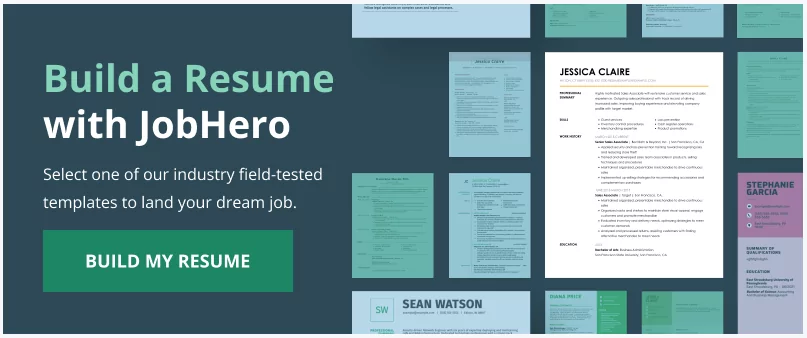An old standby in the job interviewer’s question arsenal is “what motivates you at work ?” How a potential employee answers this question, or one like it, can tell a hiring manager a lot about their personality, work ethic and character. Along with “tell me about yourself ?” this is a question that requires some soul searching preparation to provide a good answer. We spoke to some experts to get their advice on what makes a good answer to the question of what drives or motivates you at work.
Want to add value to your job application? Using a professional cover letter builder can help you stand out from the competition. Use ours to build a stand out letter that will get you noticed.

Create your professional resume in just minutes.
- Choose from 20+ recommended templates
- Add pre-written experiences, skills and summary
- Download and send
- Featured in:
What Employers Want to Hear
Passion
Specific Examples
What You Bring to the Table
What Employers Don’t Want to Hear
All About You
Money and Benefits
Vague Answers and Clichés
Bad answer: “I’m looking for a company that will allow me to excel with my current skills while giving me the opportunity to grow professionally”
When an interviewer asks about your professional motivations, they really want to hear what makes you tick and how you will fit in with the company. A solid answer will highlight characteristics that make you the best fit the role – and the best fit for the company – and will use examples from your own personal experience to demonstrate those traits.




